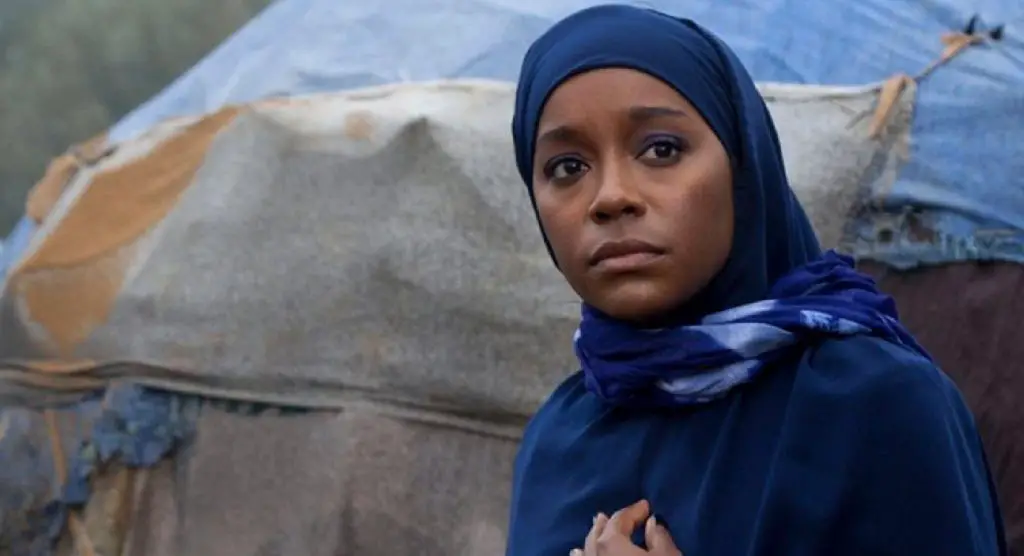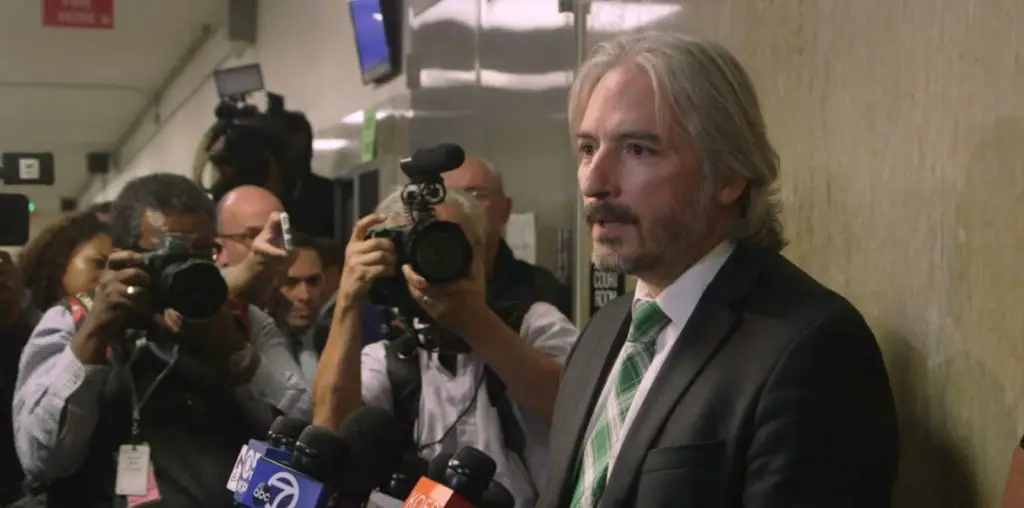
“Who Killed C**k Robin?” is one of the few truly independent entries in this year’s dramatic competition, made on a small budget with no name actors or fancy connections, but unfortunately does not reflect the best that indie film has to offer. While it attempts to tell its story in a unique way, it never comes up with much to tell beyond shallow political discourse and bummed facial expressions. Travis Wilkerson wrote, directed, photographed and edited the movie with passion, but is unable to translate his feelings onto the screen and ends up with a stilted, sometimes tedious product.
Wilkerson previously made a documentary about the mining labor disputes in Butte, Montana called “An injury to One,” and shows the same interests here as his characters talk about the political and economic state of the world and sing old protest songs. Shot on a PAL DV camera with some interludes that appear to be shot on Super-8, most of the movie is a verité style drama set in the struggling town of Butte, which has been in economic decline since the ’80s. The characters now see the rest of the United States heading into the same ruin. They included the alleged main character, Barrett (Barrett Miller), who has a guitar with Woody Guthrie’s “This machine kills Fascists” slogan painted on it that he believes to be from his father. Barrett doesn’t know anything about his father, but finds a father figure in his landlord, Charlie (Charlie Parr), who plays traditional folk songs and talks about the labor movements of past and present with Barrett, who doesn’t speak or play much, and his childhood friend Dylan (Dylan Wilkerson), a much more animated individual.
Dylan and Charlie talk about politics a lot, but the grace of a writer/director like Richard Linklater is required to pull off such conversational exploration, and Wilkerson is much more successful with his super-8 and musical interludes. Music includes Charlie’s opening version of the traditional song from which the film takes its title, which leads into a shot of Barrett holding his guitar while titles describe him, to an emotional rendition of “I Dreamed I Saw Joe Hill Last Night” at the end.
“Who Killed C**k Robin?” doesn’t have the character arcs or the self-contained brilliance of Shane Carruth’s science-fiction reinvention “Primer,” which debuted from obscurity in 2004 and turned out to be one of the year’s best films. While Wilkerson creates some beautiful moments, he fails to take his characters beyond stagnant frustration.
The biggest mistake may have been to make Barrett “the protagonist,” as one of the opening titles identifies him. The rest of the film never creates any of the dynamics generally associated with said character type, and little effort is made to communicate his thoughts, especially in the first half of the movie. The most fascinating thing about Barrett may be his potential to win a prize for the World’s Worst Shoplifter. Dylan is a more engaging conversationalist, although he also lacks the dimension of a true character. The screenplay lacks organization that might have let more of the characters come through in the political discussion, and more emotions arise from their longing for change.

